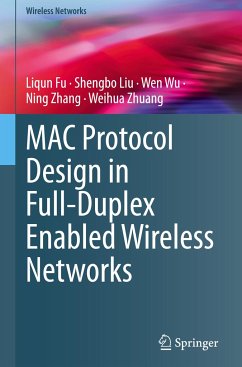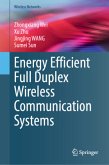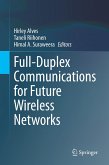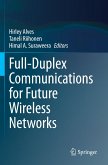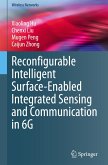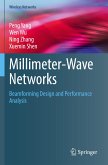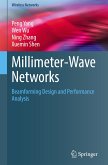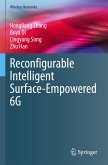This book thoroughly examines the design of full-duplex medium access control (MAC) protocols in wireless networks. It is organized into three main sections: (a) Fundamentals and preliminaries of full-duplex communications, (b) A comprehensive review of the existing full-duplex MAC protocols, and (c) Designs of full-duplex MAC protocols in three typical wireless networks, i.e., wireless local access networks (WLANs), multi-hop networks and millimeter-wave networks. Also, the authors extensively address key challenges in these three wireless full-duplex networks, such as the hidden-node problem, accumulative interference, and deafness and blockage problems. Solutions to these challenges are meticulously devised to enhance the overall network performance.
The wireless full-duplex communication technique, facilitating simultaneous transmission and reception within the same frequency band, holds immense potential for enhancing spectrum efficiency and network capacity. It emerges as a pivotal technology in the sixth-generation (6G) networks. This book provides a comprehensive review and in-depth exploration of full-duplex MAC design across various networks, encompassing WLANs, multi-hop networks, and millimeter-wave networks. Acknowledging the challenges faced by full-duplex WLANs, particularly the hidden-node problem, it also introduces a pioneering hidden-node-free design and a MAC protocol design, which features a full-duplex enhanced carrier-sensing mechanism. Addressing the need to augment end-to-end throughput in multi-hop networks employing full-duplex relaying, the authors present an analytical model for end-to-end throughput and propose a multi-hop full-duplex MAC protocol designed to optimize network performance. Furthermore, the exploration extends to full-duplex millimeter-wave networks, delving into issues of deafness and blockage. A directional full-duplex MAC protocol is introduced to enhance network capacity and mitigate blockage problems. This book concludes by outlining prospective research directions within the related fields of study and offers valuable insights for future exploration.
This book targets researchers and advanced level students in computer science and electrical engineering. It also caters to professionals engaged in the fields of wireless networks, full-duplex system, protocol design, and network optimization will also buy this book.
The wireless full-duplex communication technique, facilitating simultaneous transmission and reception within the same frequency band, holds immense potential for enhancing spectrum efficiency and network capacity. It emerges as a pivotal technology in the sixth-generation (6G) networks. This book provides a comprehensive review and in-depth exploration of full-duplex MAC design across various networks, encompassing WLANs, multi-hop networks, and millimeter-wave networks. Acknowledging the challenges faced by full-duplex WLANs, particularly the hidden-node problem, it also introduces a pioneering hidden-node-free design and a MAC protocol design, which features a full-duplex enhanced carrier-sensing mechanism. Addressing the need to augment end-to-end throughput in multi-hop networks employing full-duplex relaying, the authors present an analytical model for end-to-end throughput and propose a multi-hop full-duplex MAC protocol designed to optimize network performance. Furthermore, the exploration extends to full-duplex millimeter-wave networks, delving into issues of deafness and blockage. A directional full-duplex MAC protocol is introduced to enhance network capacity and mitigate blockage problems. This book concludes by outlining prospective research directions within the related fields of study and offers valuable insights for future exploration.
This book targets researchers and advanced level students in computer science and electrical engineering. It also caters to professionals engaged in the fields of wireless networks, full-duplex system, protocol design, and network optimization will also buy this book.

